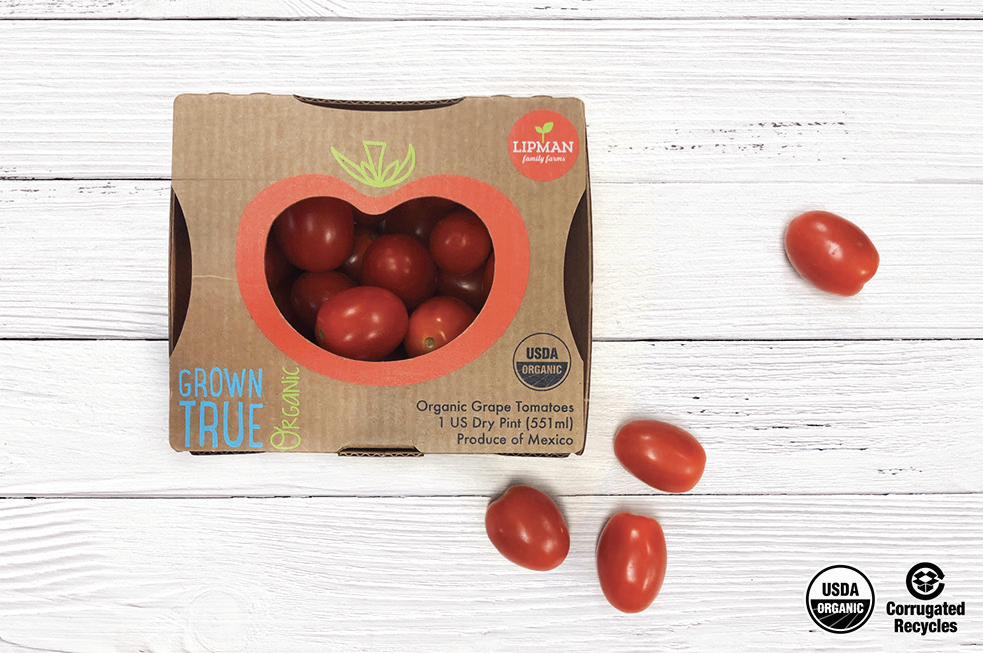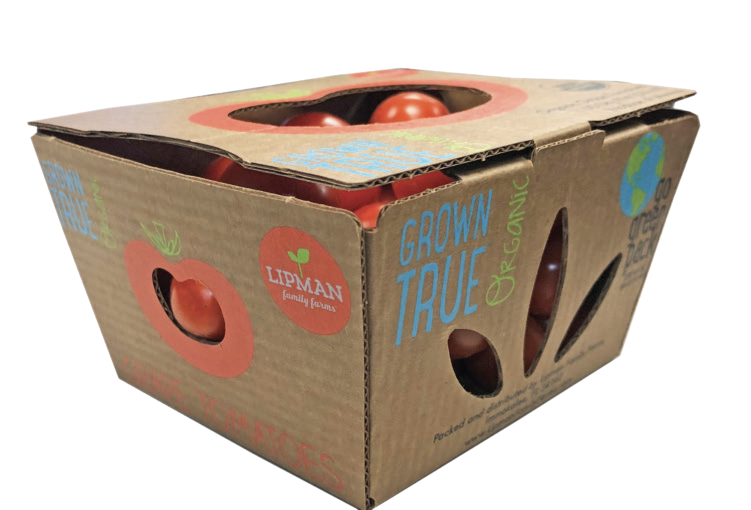
Sep 3, 2021
Driving packaging sustainability in the time of COVID-19
The coronavirus may still be consumers’ top concern, but the pandemic hasn’t erased concern over environmental issues and demand for sustainability.

Back in April – when most regions were seeing cases and deaths peak, partners from Bain & Co. examined how the pandemic “has become a dry run for the sustainability agenda” and challenged companies to consider how to “tackle an expanding range of environmental, social and governance (ESG) challenges.” Despite COVID-19’s initial impact on consumer behavior– deprioritizing eco-friendly products for products deemed safest and least likely to invite virus transfer – the pandemic hasn’t shelved sustainability as a priority so much as re-defined it. Now, brands aiming to deliver on eco-friendly promises may have to consider a different path that relies on a strategic approach to achieve energy, utility and material savings.
Consumer product goods (CPG) companies looking to prioritize sustainability amid the pandemic can find solutions and insights at PACK EXPO events, which feature product and equipment demos, educational sessions and more, will serve as a resource for brand managers, packaging engineers, sustainability consultants, plant managers and supply chain professionals to consider new solutions for today’s challenges to packaging sustainability. As these decision makers weigh their options, here are three key considerations to reshape the journey to more eco-conscious, hygienic – and cost-saving processes.
Make a plan for reality, not wish fulfillment

Brands striving for meaningful progress in sustainability need to plan for the world they’re in, not the world they wish they were in. This could mean switching materials and coatings to enhance durability when a package is met with disinfectant, moving toward omnichannel packaging as e-commerce becomes the default purchasing mechanism for regions under lockdown, or investing in automation that reduces human handling and boosts social distancing on the plant floor. All of these changes can impact pre-COVID-19 sustainability goals.
Some businesses have changed models all together, switching products and packaging formats to supply essentials or switching from traditional restaurant operations to home delivery and other prepared foods options. No matter the changes, brands undergoing any changes or additions of packaging lines should adopt a bird’s eye view to see all of the opportunities for improvements. With a structured and programmatic approach to sustainability, companies can still spur systematic innovation and strategic growth, and bottom-line value while addressing environmental and societal concerns. The OpX Sustainable Journey Resource Guide outlines measurements companies can take in establishing a roadmap to practical, realistic strides to achieve social, environmental and economic sustainability.
Consider sustainability a race against yourself
When it comes to sustainability, manufacturers may instinctively look to competitors to compare results or even copy strategy. However, each company may face different challenges in today’s marketplace, so tailoring a path of incremental steps to measure progress for your organization is the best way to encourage success. Consider where and how changes can have an impact. Ask where you can generate energy savings in the plant or cut material waste. For example, has the pandemic minimized the need for one line to run as often?
Small steps add up, so look for low-hanging fruit first. If your facility uses air compressors, go around on a day that manufacturing is shut down and listen for leaks. Fixing air leaks reduces unnecessary energy consumption, making the facility more sustainable. Additionally, repairing air leaks can reduce the compressor load and may result in requiring less, or smaller, compressors which can also help the facility become more sustainable. For facilities that produce liquid, such as ice cream or yogurt, standard operating procedures include cleaning the floors with excessive amounts of water at the end of each shift. By evaluating and exploring alternative options to cleaning, there may be a more sustainable way to clean. Evaluate the facility’s utilities. If your facility is located in a place with enough space for solar cells, consider installing them to power part of your plant.
Remember, size doesn’t matter
Larger companies often demonstrate impressive cuts in emissions with global sustainability plans. After all, they are working with a larger footprint. However, small- or medium-sized enterprises (SMEs) can achieve meaningful gains with their own sustainability practices. While larger organizations have the resources to implement large scale projects, these smaller manufacturers have an underrrated superpower: agility.
Smaller operations may be limited by budget, but their agility allows them enact change and innovate more quickly than their larger competitors. SMEs also can measure and report results with greater efficiency, enabling them to change course on strategies that aren’t working and/or report success in a shorter timeframe. In larger operations with many levels, it can be a long process to identify opportunities to cut energy or utility usage, implement solutions, analyze results and report findings can take years.
Lastly, SMEs that embrace sustainable practices tend to be driven largely by the authentic values of leadership and company culture. Many small brands are even founded on sustainability principles and hit the ground running with these practices intertwined with their brand identity.
The journey to sustainability is constantly evolving as consumer demands shift, policies and regulations are implemented and general adoption is embraced. Companies can discuss sustainable practices at PACK EXPO events, produced by PMMI Media Group.






